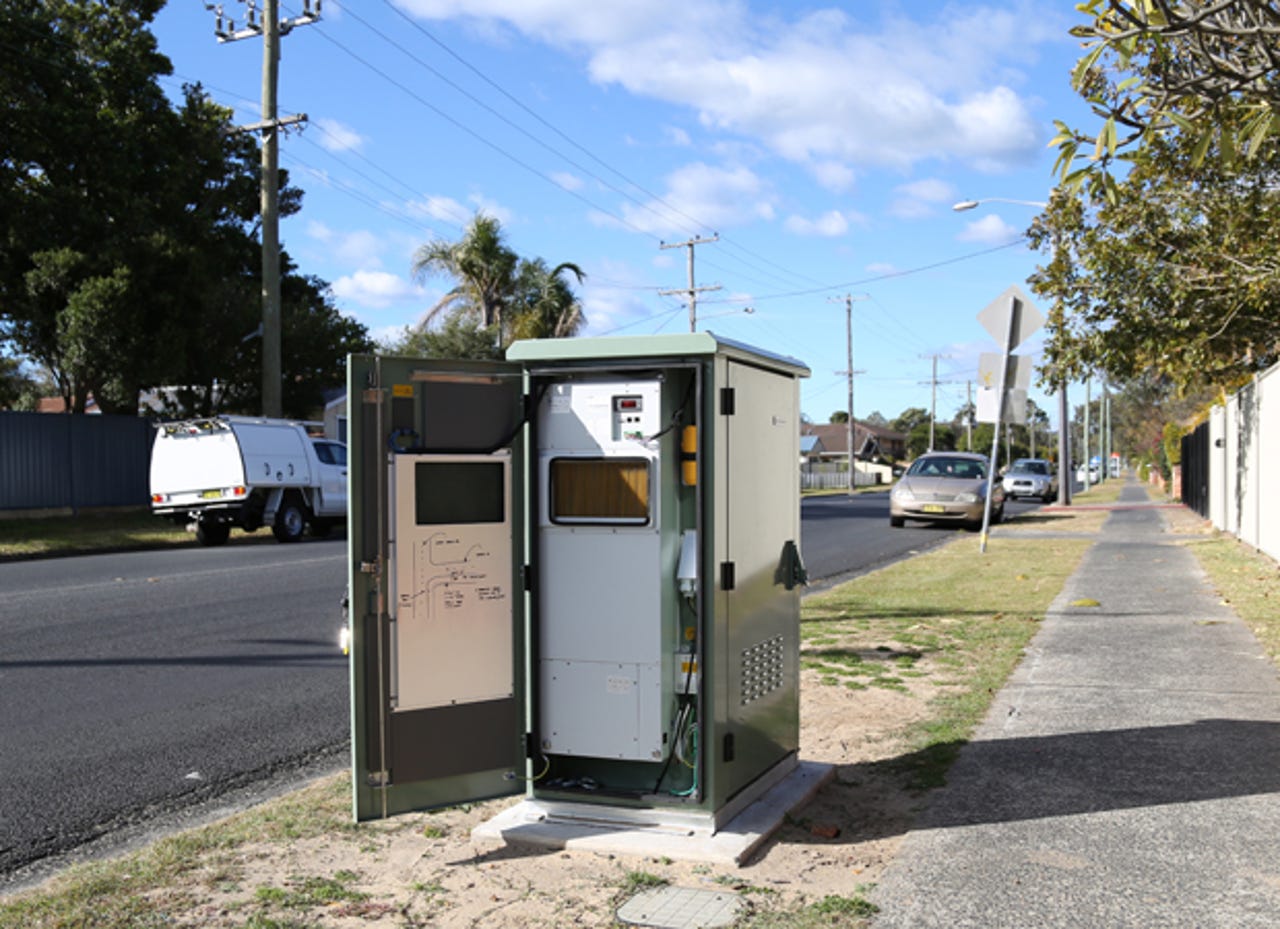NBN names 50 suburbs getting upgrades for AU$73 million Victorian government spend


nbn
The second stage of the Victorian government's AU$73 million spend was announced on Monday, with 50 suburbs across Victoria being named for upgrades.
Over two years to mid-2024, 34,000 residences and 7,700 businesses will be able to get upgrades to full fibre by placing an order or being on 100Mbps connection, with the first able to place orders from mid-2023.
In total, Spring Street is funding over 1,000 kilometres of fibre into the suburbs not previously covered by NBN upgrade plans.
The suburbs named are: Alfredton, Bairnsdale, Balnarring, Balnarring Beach, Bandiana, Beaconsfield, Belmont, Churchill, Corio, Craigieburn, Doreen, Drumcondra, East Geelong, Elmore, Geelong, Geelong West, Grovedale, Highton, Horsham, Kangaroo Flat, Kennington, Kyneton, Leongatha, Marshall, Mernda, Merricks Beach, Mirboo North, Mornington, Mount Martha, Myrtleford, Nagambie, Nhill, North Geelong, Ocean Grove, Officer, Ouyen, Pakenham, Rippleside, Rochester, Roxburgh Park, Sale, Seymour, Somerville, Tatura, Traralgon, Wangaratta, Warragul, Warrnambool, Wendouree, and Wodonga.
In August when the deal was announced, the pair announced 11 business fibre zones that covered 10,000 businesses in Benalla, Colac, Cranbourne South, Dromana, Hamilton, Lara, Pakenham North, Pakenham South, Portland, Warragul, and Wonthaggi-Inverloch.
On Monday, five more zones were added in Loch Sport, Alfredton, Buninyong, Rockbank/Mt Cottrell, and Tarneit.
Elsewhere on Monday, Labor endorsed the AU$750 million fixed wireless upgrade announcement by the government last week.
The Opposition has previously said it would extend the FttN upgrade program to a further 1.5 million premises for AU$2.4 billion, which would leave 10% of the fixed line footprint stuck on copper.
"Labor will also work with NBNCo to examine the feasibility of reducing congestion on its seven most clogged-up satellite beams. If achieved, this would allow data allowances of at least 100 gigabytes per month," Shadow Communications Minister Michelle Rowland said.
Related Coverage
- NBN FttC upgrade orders are starting at end of May
- NBN opens up first suburbs for FttN to FttP upgrade orders
- ACMA orders Optus and TPG to refund AU$6.5m for under-delivering internet speeds
- NBN to spend AU$750 million upgrading fixed wireless to be millimetre-wave 5G capable
- NBN fibre alternatives cannot keep up: ACCC
- NBN carries less purchased bandwidth as Focus on Fast promotion ends